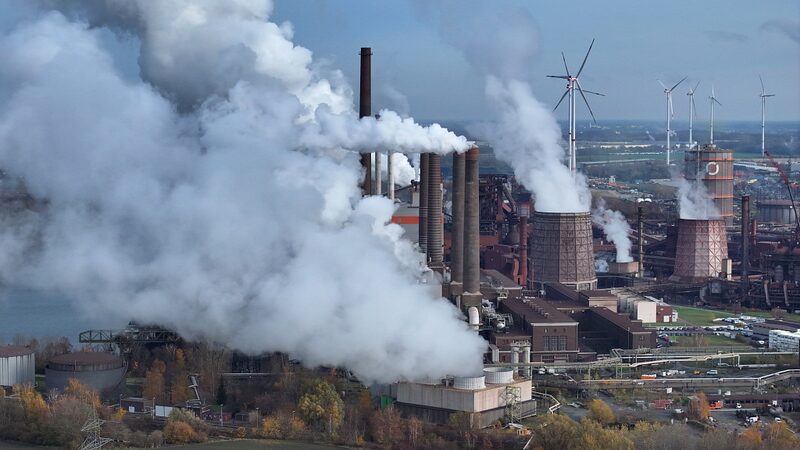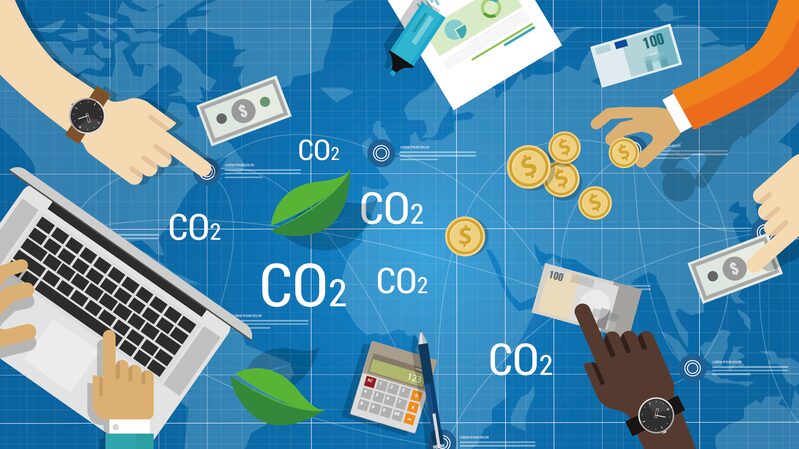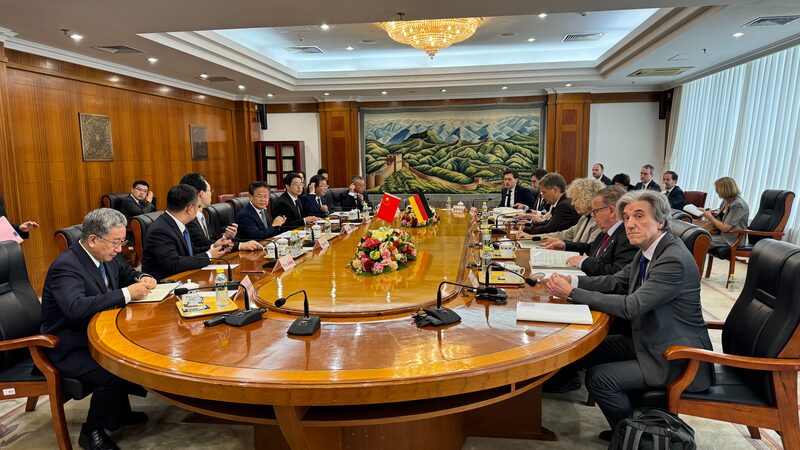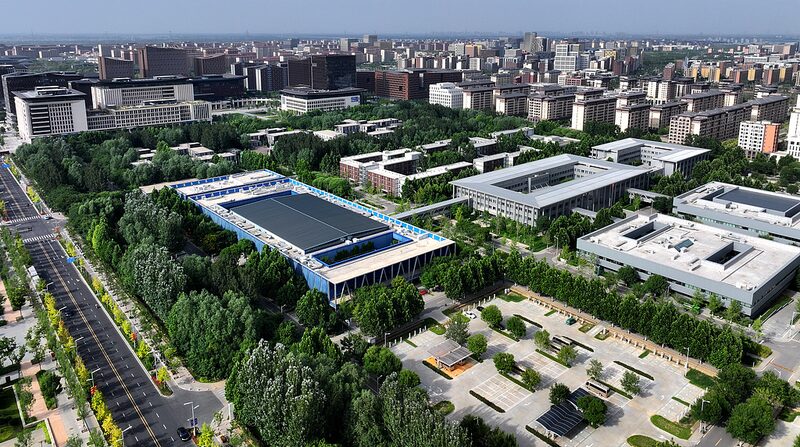Germany has launched an ambitious €4 billion subsidy program aimed at transforming its industrial sector towards more climate-friendly production methods. Energy Minister Robert Habeck announced the initiative on Tuesday, targeting energy-intensive industries such as glass, steel, and paper manufacturing to significantly reduce emissions.
“We are the first industrial country to introduce this,” Habeck stated at a press conference, describing the scheme as an innovative tool to cut red tape, foster technological innovation, and help Germany achieve its climate objectives. The “climate protection contracts” will span 15 years, providing subsidies to companies that can decarbonize their production processes most cost-effectively.
The government has allocated a mid-double-digit billion-euro amount for the program, with the next round of bidding set to open in the autumn for €19 billion in subsidies. This substantial investment comes as Germany’s crucial manufacturing sector faces a downturn, impacted by inflation, declining global demand, and increased energy costs following the Russia-Ukraine conflict.
“We need this as stimulus for the economy and of course for climate protection,” Habeck emphasized. The initiative is expected to reduce industrial carbon emissions by 350 million tonnes by 2045, aligning with Germany’s goal to achieve carbon neutrality by that year.
Additionally, Habeck noted that the subsidy program serves as a strategic response to the United States’ Inflation Reduction Act, which offers green incentives that have enticed some German companies to consider relocating production abroad. “We need production in Germany. I want energy-intensive industries here, and I want that production to be climate neutral,” he said.
Reference(s):
cgtn.com







